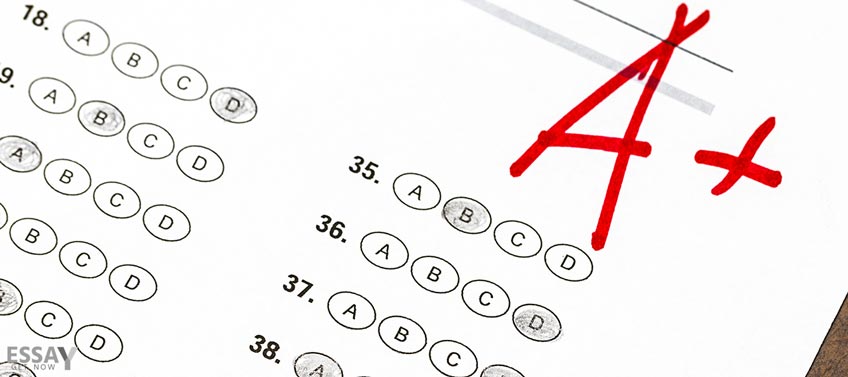
There are many difficulties students face when attempting to construct a perfect paper. Those range from the inability to formulate a cogent thesis to simply procrastinating until the last moment. However, none of the excuses will appease your teacher and make them forgive tardiness or a poorly written paper.
Here I will try to elucidate some helpful tips for crafting an impeccable paper whether it is a short essay or a dissertation without losing your life.
Tip # 1: Just Start Writing
If you have to write a paper for some class, and you even picked the topic on your own, most likely both the class and the topic are of some interest to you. If they are, you probably know at least something already which could help you in your writing.
So, just sit down, open your laptop and let the ideas flow out on the screen. You will be surprised how many memories, thoughts and breakthrough ideas are nesting in the crevices of your brain. Digging them up can help you not only get into the process, but also delineate some key arguments you want to utilize in your paper as well as the weak areas you need to fortify with research.
Tip # 2: Don’t Get Bogged Down in Research
Some students tend to procrastinate writing their paper by adding up to their research. I personally have this problem, and it takes a great deal of willpower to pull away from reading just one more article and actually focusing on the core aim.
In order to avoid this trap, set a limit to a number of books, articles and scientific journals you want to use to bolster your arguments. It will help you avoid getting absorbed by them indefinitely.
Tip # 3: Don’t Edit the Draft
Here I mean the first draft you are going to produce after getting done with the research phase. The thing is that many students would try to tweak up their draft before they are even done crafting it. It can not only slow down the process, but can also preclude creative ideas from making it into your final version.
You need to keep the writing and editing phases separate. It takes a lot of mental effort to pull it off, especially if you are a perfectionist, but this is the right thing to do.
Tip # 4: Don’t Get Too Focused on Technicalities
While editing, it is critical not to concentrate too much on technical moments like formatting or punctuation, but pay more heed to the content-related aspects such as whether your paper flows well, or whether the arguments are legit and well-supported.
Proofreading needs to come after editing, not during it. If you try doing it at the same time, it will strain your brain and shift your attention to minor flaws rather than glaring contextual errors.
Tip # 5: Ask Somebody to Read It
It is always nice to have another pair of eyes to look over your paper. It is hard for you to understand how well your paper reads because your brain tends to fill in the gaps in your writing automatically. Letting your friend go over it is a perfect way to check how clear and cogent it really is, and whether you need to do another round of editing.
